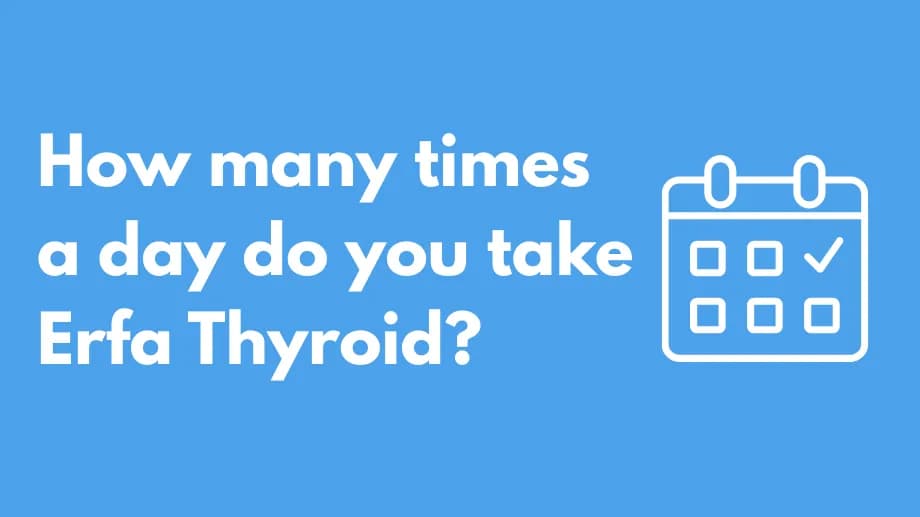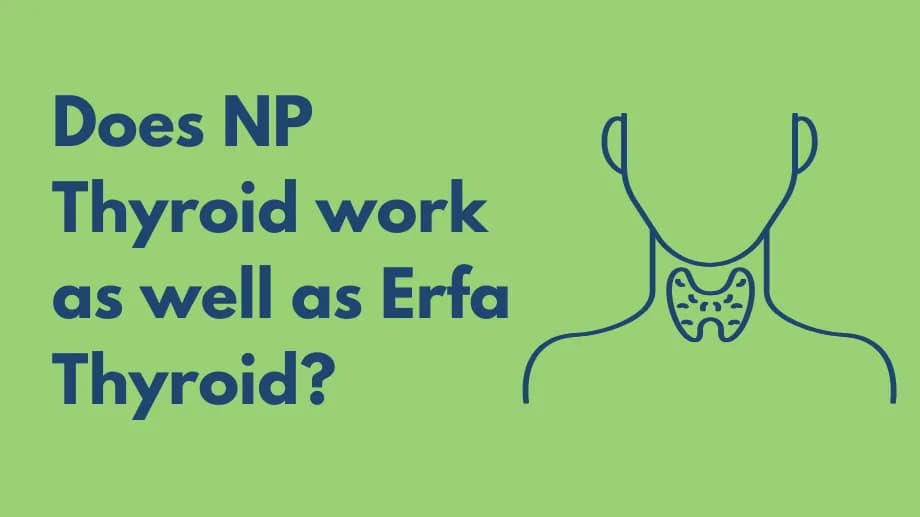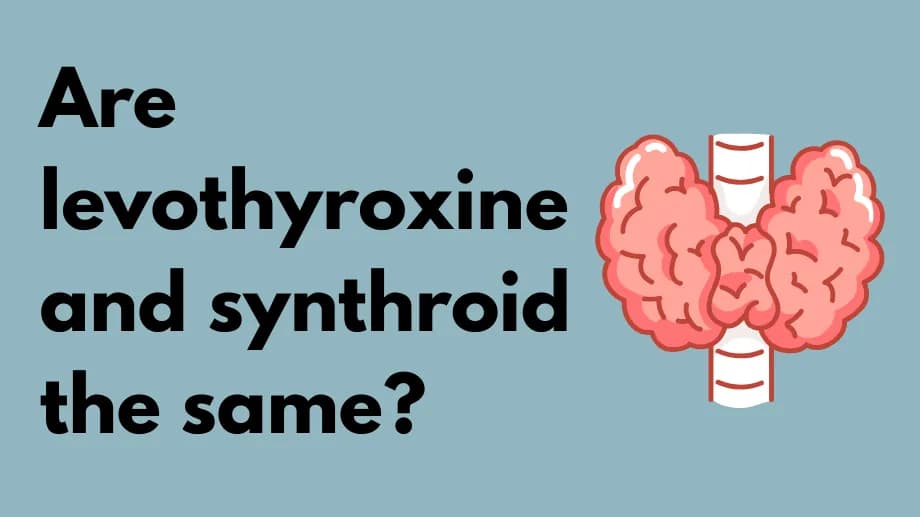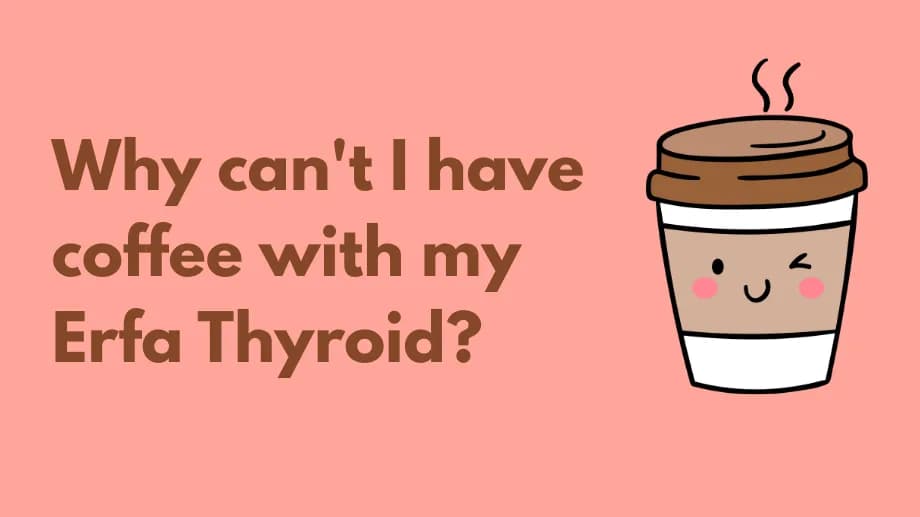What is hypothyroidism?
Hypothyroidism, also called an underactive thyroid, is a condition in which the thyroid gland does not produce enough thyroid hormones. The thyroid is a small butterfly-shaped gland in your neck that regulates many body functions, including metabolism, body temperature, blood pressure, and heart rate.
Symptoms may include fatigue, weight gain, sensitivity to cold, dry skin, hair loss, muscle weakness, depression, slowed heart rate, memory problems, and difficulty concentrating. Treatment typically involves taking synthetic thyroid hormone to restore normal hormone levels and relieve symptoms.
What causes hypothyroidism?
- Autoimmune disease (Hashimoto’s thyroiditis), where the immune system attacks the thyroid
- Family history of thyroid disease
- Treatment for hyperthyroidism (radioactive iodine or surgery)
- Thyroid surgery removing part or all of the gland
- Radiation therapy to the head or neck
- Certain medications (amiodarone, lithium, interferon alpha, interleukin-2)
- Iodine imbalance, either deficiency or excess
- Congenital hypothyroidism (born without a functional thyroid)
- Pituitary or hypothalamus disorders affecting TSH release
- Pregnancy-related (postpartum thyroiditis or iodine deficiency)
What are the symptoms of hypothyroidism?
Symptoms often develop slowly and can include:
- Fatigue or excessive tiredness
- Unexplained weight gain or difficulty losing weight
- Cold intolerance
- Dry, thinning hair
- Dry, rough skin
- Constipation
- Depression
- Memory and concentration problems
- Muscle weakness, aches, and stiffness
- Heavy or frequent menstrual periods
- Slowed heart rate
- Enlarged thyroid gland (goiter), causing swallowing or breathing difficulty
How is hypothyroidism diagnosed?
Diagnosis is made through:
- Clinical evaluation and physical exam, including thyroid palpation
- TSH (thyroid-stimulating hormone) blood test—elevated in primary hypothyroidism
- T4 (thyroxine) blood test—low levels alongside high TSH confirm hypothyroidism
- Free T4 test—measures active hormone levels in the blood
- T3 (triiodothyronine) test—less commonly used for hypothyroidism diagnosis
- Thyroid antibody tests (TPO antibodies) to detect autoimmune thyroiditis
How is hypothyroidism treated?
Treatment centers on hormone replacement:
- Levothyroxine (synthetic T4) taken daily on an empty stomach
- Dosage tailored by weight, age, hormone levels, and absorption factors
- Regular TSH monitoring to adjust dosage and maintain target levels
- Lifelong therapy, with dosage adjustments for weight changes, health status, or new medications
- Alternative options (Liothyronine, natural desiccated thyroid) for select patients
- Treatment of underlying causes (iodine deficiency, autoimmune disease) as needed
- Routine follow-up to manage symptoms and prevent complications
Sources
- Hypothyroidism. American Thyroid Association. Accessed Apr. 30, 2024.
- Hypothyroidism (Underactive Thyroid). National Institute of Diabetes and Digestive and Kidney Diseases. Accessed Apr. 30, 2024.
- Hypothyroidism. Merck Manual Consumer Version. Accessed Apr. 30, 2024.
- Hypothyroidism. National Library of Medicine. Accessed Apr. 30, 2024.
- Hypothyroidism. Medscape. Accessed Apr. 30, 2024.







